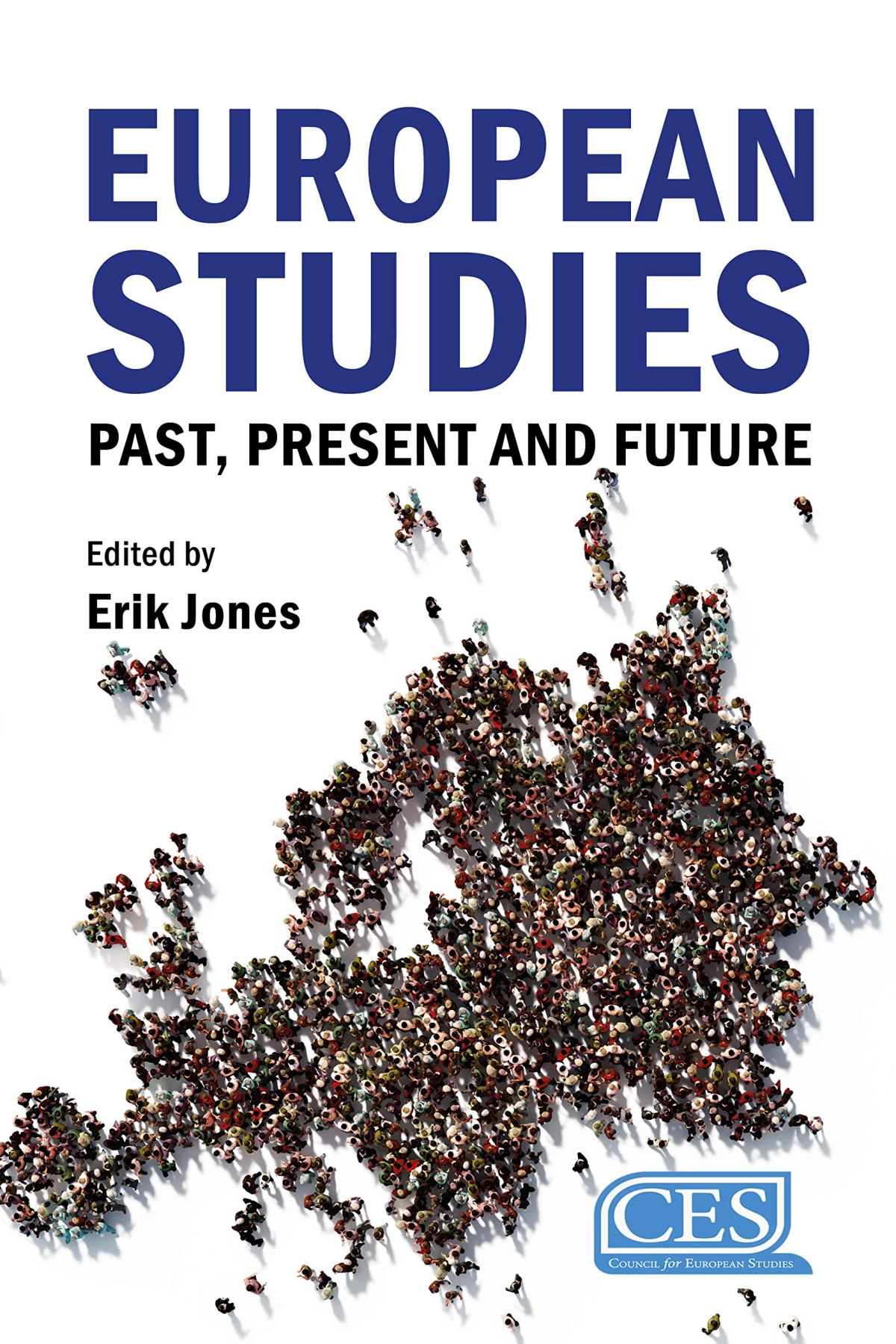The study of Europe has never been more active. Whether the conversation turns to populism, Brexit, immigration, or austerity, Europe is at the forefront. The same is true when scholars debate the future of democracy, the stability of NATO, efforts to combat climate change, or the struggle to maintain a multilateral world order. Europe may be the ‘old’ continent, but it is a constant source of interest, inspiration, innovation, insight, and hope for the future.



